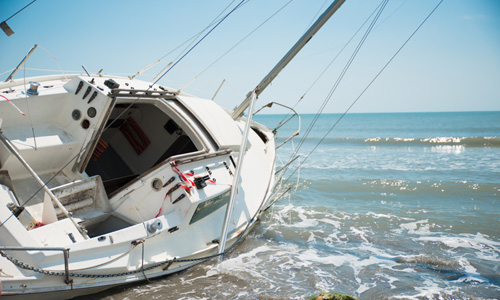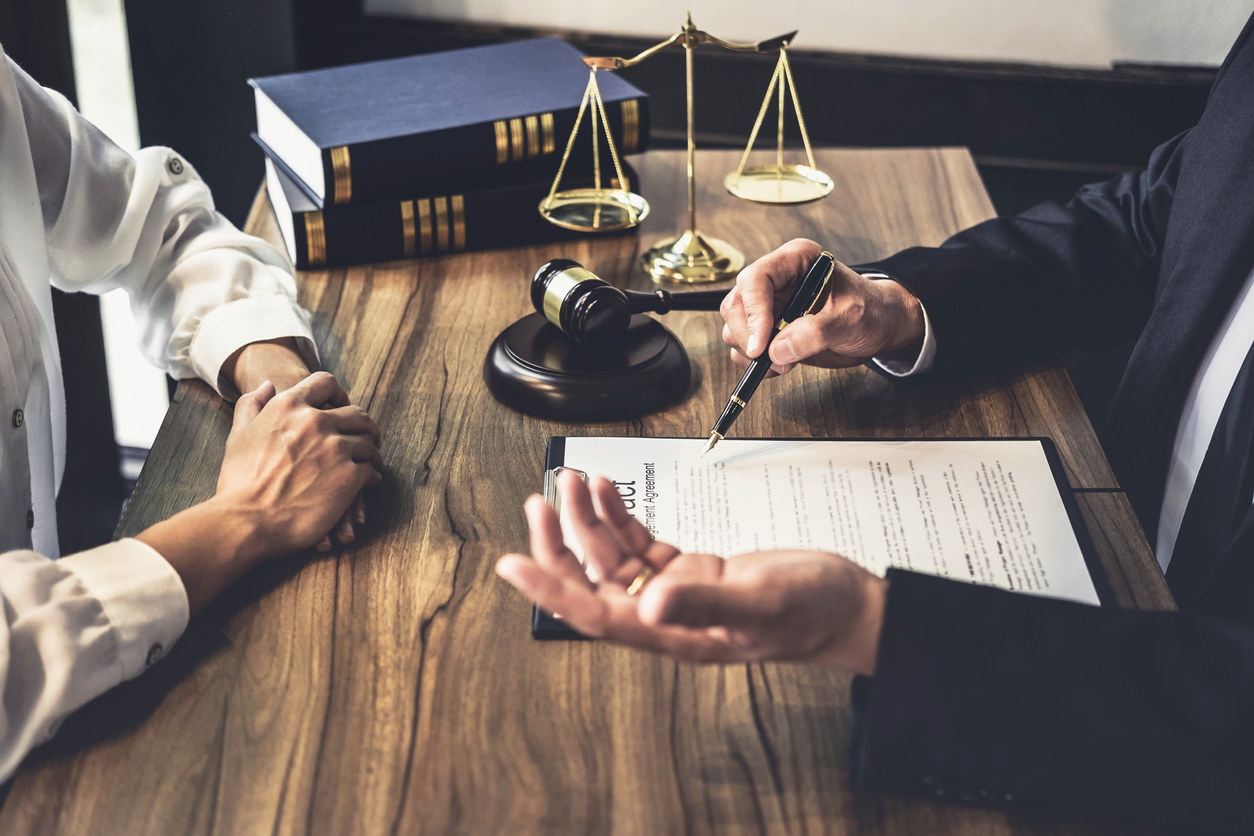Do Liability Waivers Bar Me From Making an Injury Claim?
A liability waiver can interfere with an accident victim’s ability to make a claim to damages in Massachusetts. A liability waiver is a legal document signing away a person’s rights to bring an injury suit against the individual or company. Liability waivers are not airtight protections against liability, however. If you or a loved one was injured after signing a liability waiver at a gym, sports field, amusement park, daycare center or elsewhere in Boston, speak to a personal injury attorney about your possible right to bring a claim.
What Is the Purpose of a Liability Waiver?
Liability waivers are most commonly related to activities with inherent risks, such as cliff jumping or parasailing. They may also appear at businesses that wish to protect themselves from liability for customer injuries, such as daycare centers, recreational facilities and gyms. Most liability waivers contain language stating that the person signing the form is giving up the right to file a lawsuit or subject the company to litigation in the event of a bodily injury or a loved one’s death.
A liability waiver serves to protect the orchestrating party from legal responsibility for any injuries or illnesses a participant might sustain. Many different activities and events pose foreseeable risks of harm to participants. To limit a company’s liability for risky activities, the business will often draw up and have participants sign liability waivers before the event commences. A liability waiver releases the business from liability if a participant sustains an injury during the activity, in most situations. Liability waivers are not failsafe, however.
What Are the Exceptions of Pursuing a Claim?
A liability waiver will not necessarily bar you from making an injury claim. However, it could present a significant roadblock to recovery. A legal, valid and reasonable liability waiver may mean you cannot hold the defendant responsible for your damages if the circumstances of the accident and injury meet those described in the waiver. If, for example, a daycare center did everything a reasonable facility would have to prevent a child’s injury, but the child sustained an injury anyway, a release form signed by the parent might protect the center from liability.
The exceptions to a liability waiver generally deal with negligence. No liability waiver will protect a business from liability for negligence, recklessness, wanton disregard for the safety of others or intent to harm. A waiver trying to protect a company from injuries or deaths connected to negligence will not hold up in court. If the same daycare center negligently failed to shut a door, for instance, and the infant suffered a serious injury from wandering out into the road, a signed waiver would not protect the facility from liability. A lawyer can assess your incident for signs of negligence.
What Makes a Waiver Invalid?
One of the most common arguments during claims with liability waivers is that the release form is invalid due to a problem in its language, format or signatures. Although most liability waivers are legally enforceable, some contain errors that will make a court in Massachusetts rule the document invalid and inadmissible as evidence during a claim.
- A waiver that fails to meet Massachusetts’ legal requirements
- A poorly documented oral agreement
- A form that is missing signatures
- A waiver that asks the signer to engage in illegal conduct
- Language that makes unreasonable requests of the parties involved
- Ambiguous or unclear language
- A waiver signed by a minor
- A waiver signed under duress or fraud
- Living in a state that bans liability waivers (Montana, Virginia and Louisiana)
It is important to speak to a lawyer in Boston if you have an injury from an event or activity for which you signed a liability waiver. Do not assume the waiver bars you from financial recovery. Many exceptions to these waivers exist. A personal injury attorney can review the language of a liability waiver on your behalf to let you know whether you still have grounds for a claim.
For more information, call our law office at (617)-391-9001. Or if you would prefer to email us, then please visit our contact page.






